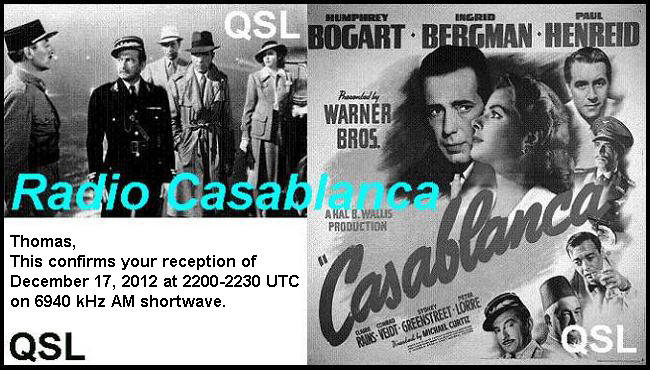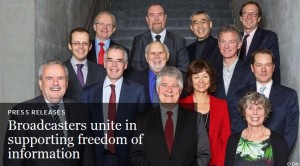 The international broadcasting arms of France, Australia, the US, the United Kingdom, Germany, Japan and the Netherlands issued a joint statement in support of press freedoms across the globe. With the exception of the Netherlands (RNW), all of these countries still broadcast over the shortwaves.
The international broadcasting arms of France, Australia, the US, the United Kingdom, Germany, Japan and the Netherlands issued a joint statement in support of press freedoms across the globe. With the exception of the Netherlands (RNW), all of these countries still broadcast over the shortwaves.
(Source: BBC Media Center via Kim Elliott)
We, the representatives of Audiovisuel Extérieur de la France (AEF), Australian Broadcasting Corporation (ABC) [Australia], British Broadcasting Corporation (BBC) [United Kingdom], Broadcasting Board of Governors (BBG) [US], Deutsche Welle (DW) [Germany], Nippon Hoso Kyokai (NHK) [Japan] and Radio Netherlands Worldwide (RNW), have met in Berlin to discuss common concerns.
We find international journalism is facing unprecedented challenges from countries that seek to deny their own citizens access to information from outside their borders in violation of Article 19 of the Universal Declaration of Human Rights, which states:
“Everyone has the right to freedom of opinion and expression; this right includes freedom to hold opinions without interference and to seek, receive and impart information and ideas through any media and regardless of frontiers.”
We call upon the world’s nations to strengthen their commitment to Article 19 and to support expanded opportunities to share information across borders through digital and mobile technologies.
Yet we note with dismay that certain governments continue to control the flow of information. For example, China routinely blocks the Web and social media sites of our broadcasters and jams our shortwave signals, or Iran and Syria interfere with the satellite signals that carry our programs. Governments in Eurasia, Africa, the Middle East and Latin America also seek to control what their own citizens can see, hear and read.
Many of these actions, including intentional jamming of satellites, violate international regulations. We condemn them without reservation.
We also call attention to troubling new challenges to free expression. Some governments are seeking to enact far-reaching telecommunications regulations to stymie free speech.
At the World Conference on International Telecommunication (WICT) in Dubai, representatives of the world’s nations have considered telecommunications rules that might explicitly apply to the Internet for the first time.
We cast a wary eye on such efforts to control the Internet, and we denounce efforts to identify and track Internet users in order to stifle free expression, inquiry and political activity.
We have agreed to increase, whenever possible, our support for efforts to circumvent Web censorship through the use of new and innovative hardware and software tools. We also agreed to increase our advocacy for Internet freedom.
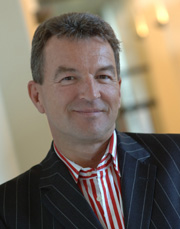

![ABC reporter, and later RN documentary maker, Tim Bowden on patrol with a US Marine squad near Da Nang in Vietnam. (1966) [Photo: ABC ]](https://swling.com/blog/wp-content/uploads/2012/12/RadioAustraliaReporter-300x200.jpg)
 In this series of special holiday broadcasts, The Mighty KBC is targeting different regions of the world. See how many you can hear:
In this series of special holiday broadcasts, The Mighty KBC is targeting different regions of the world. See how many you can hear: The international broadcasting arms of France, Australia, the US, the United Kingdom, Germany, Japan and the Netherlands issued a joint statement in support of press freedoms across the globe. With the exception of the Netherlands (RNW), all of these countries still broadcast over the shortwaves.
The international broadcasting arms of France, Australia, the US, the United Kingdom, Germany, Japan and the Netherlands issued a joint statement in support of press freedoms across the globe. With the exception of the Netherlands (RNW), all of these countries still broadcast over the shortwaves. Last weekend, I also managed to record the shortwave radio pirate known as Liquid Radio–perhaps best known for their activity on the
Last weekend, I also managed to record the shortwave radio pirate known as Liquid Radio–perhaps best known for their activity on the 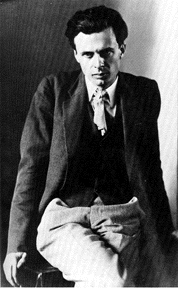
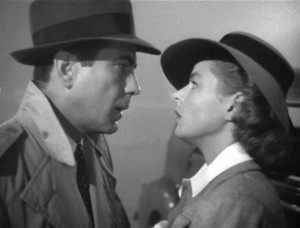 On Sunday, December 17th, around 22:00 UTC, I happened to pick up the last thirty minutes of Radio Casablanca; a pirate that plays a nostalgic mix of music from the 1930’s and 1940’s. They were broadcasting on 6939 kHz in AM.
On Sunday, December 17th, around 22:00 UTC, I happened to pick up the last thirty minutes of Radio Casablanca; a pirate that plays a nostalgic mix of music from the 1930’s and 1940’s. They were broadcasting on 6939 kHz in AM.